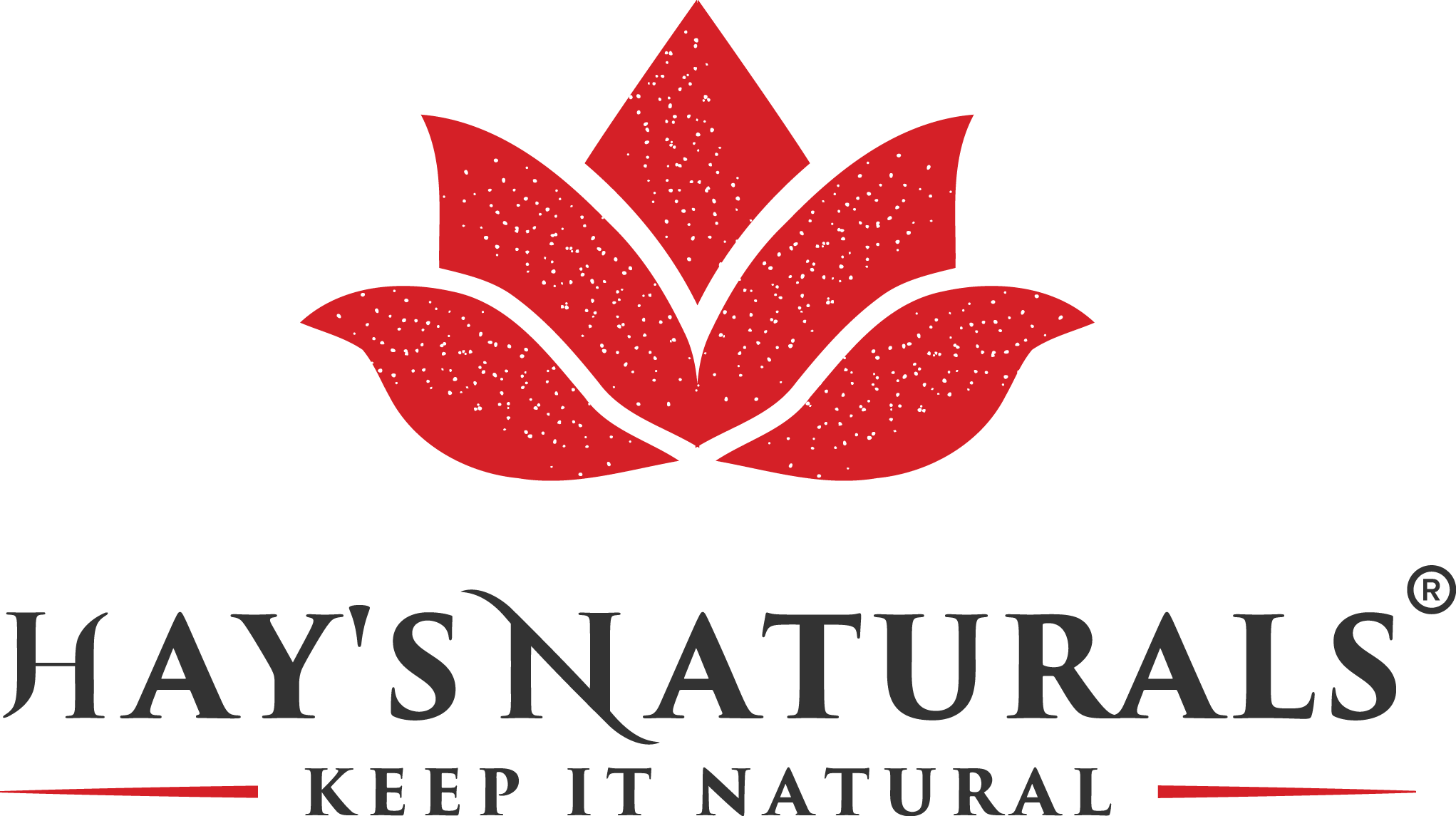The supplement industry is a booming business, with Americans spending billions of dollars each year on vitamins, minerals, and other dietary supplements to improve their health and wellbeing. However, as with any industry, there are some bad actors who are more interested in making a quick profit than in promoting the health and safety of consumers. In this blog post, we will take a look at some of the biggest scandals to hit the supplement industry in recent years.
One of the biggest scandals to hit the supplement industry was the discovery of dangerous and undeclared ingredients in some popular products. In 2013, the New York Attorney General’s office conducted an investigation into the supplement industry and found that many popular supplements sold in major retail stores contained ingredients that were not listed on the label. This included such potentially harmful substances as allergens, stimulants, and even prescription drugs.
Another scandal that rocked the supplement industry was the discovery of illegal and unapproved substances in some popular sports supplements. In 2015, the U.S. Anti-Doping Agency (USADA) announced that it had discovered dozens of banned substances in supplements marketed to athletes. These included steroids, stimulants, and other performance-enhancing drugs that could be harmful to athletes and could even lead to disqualification from competition.
In addition to these high-profile scandals, the supplement industry has also been plagued by false and misleading advertising claims. Many supplement companies make exaggerated or outright false claims about the health benefits of their products, using pseudo-scientific language and clever marketing techniques to persuade consumers to buy their products. This can be particularly problematic for vulnerable populations, such as the elderly or those with chronic health conditions, who may be more susceptible to the claims made by supplement companies.
Despite these scandals, the supplement industry remains a huge business, with consumers continuing to spend billions of dollars on vitamins, minerals, and other dietary supplements each year. However, it is important for consumers to be aware of the potential risks associated with these products and to do their own research before making a purchase. It is also important for regulators to continue to crack down on bad actors in the industry and to hold companies accountable for any illegal or deceptive practices.
